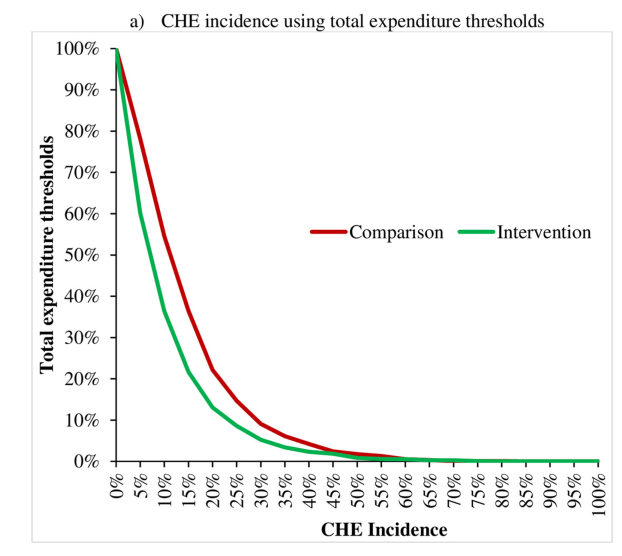A Leap Towards Universal Health Coverage
There has been an ongoing issue in Bangladesh for many years, and that is the burden of healthcare expenditure. There has been a substantial rise in out-of-pocket expenditures (OOPE), as seen by the National Health Accounts, which have increased from 63 percent in 2012 to 68.5 percent in 2020. This burden of financial responsibility has led to economic impoverishment, which has resulted in 4.5% of the population falling into poverty on a yearly basis.
As part of its efforts to attain universal health coverage, the World Health Organisation (WHO) promotes for healthcare finance systems that are both inexpensive and accessible. Health insurance programs are one example of such a solution. These programs function as a risk-pooling mechanism that enables individuals to have access to vital medical treatments without the chance of experiencing serious financial difficulties.
Different Models of Health Insurance in Bangladesh
The government of Bangladesh introduced a healthcare finance policy in 2012. The goal was to provide financial protection to all citizens by 2032. The Health Economics Unit of the Ministry of Health and Family Welfare created a health protection program called Shasthyo Surokhsha Karmasuchi (SSK). They designed it as a pilot project for the population below the poverty line in a specific district.
Researchers have evaluated the impact of the SSK program on health status, health service use, occupational health and safety, and financial risk protection. Some studies suggest that insurance boosts utilisation and reduces personal healthcare costs. However, other studies indicate that insurance has a mixed effect or no effect at all.
A Look at the SSK Scheme in Greater Detail
The objective of the SSK plan, which is now being tested in three sub-districts of Tangail District, is to enhance the accessibility of inpatient hospital services for persons living below the poverty line. In addition to providing healthcare services through public hospitals, the scheme also provides extra advantages, such as contracted private pharmacies and clinics for prescription drugs and diagnostic procedures that are not available at the hospitals. The scheme runs as a non-contributory system for the population that falls below the poverty line.
The Effects of the SSK Scheme
The SSK plan has significantly reduced both OOPE and the incidence of catastrophic health expenditures (CHE) in intervention zones. It has also strongly contributed to poverty prevention within these households. However, the scheme’s usage remains low, indicating a need for increased community engagement and motivational efforts. These efforts aim to boost its utilisation among the enrolled Below Poverty Line (BPL) households.

Final Thoughts
The study results show that government-sponsored health protection programs can effectively reduce overall personal medical expenses. This will lead to a decrease in chronic health condition rates, and protection of low-income households. Decision makers can use these findings to adjust the SSK plan before implementing it in other areas. This could speed up the achievement of universal health coverage and sustainable development goals.





